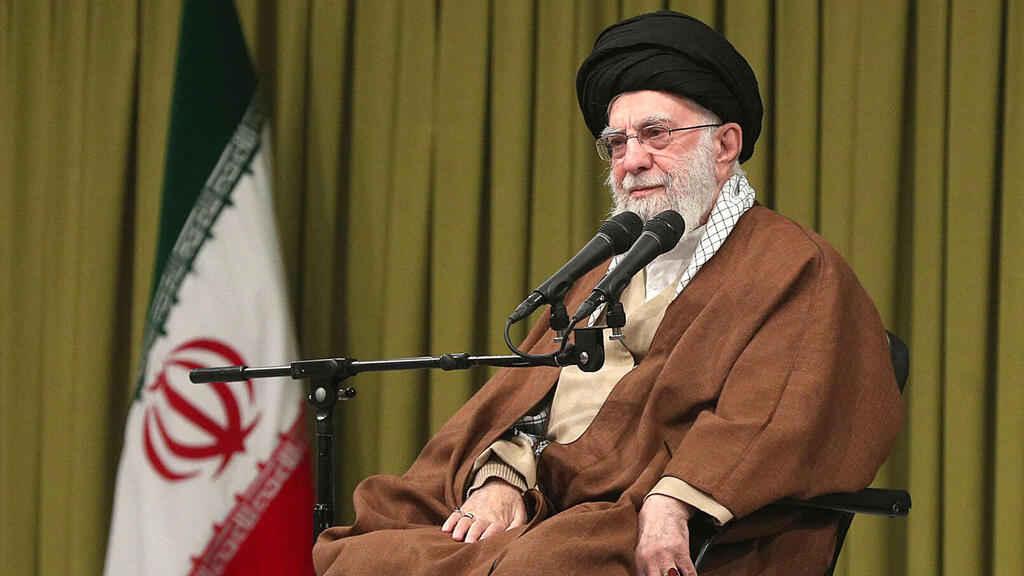3 View gallery

Prime Minister Benjamin Netanyahu, Ahmad al-Sharaa, Turkish President Recep Tayyip Erdogan
(Photos: Haj Suleiman/Getty Images, IDF Spokesperson Abdulaziz Keta, Mark Israel Salem, AP/Alex Brandon/Matias Delacroix, Andrew Harnik/AFP)
“Israel ignores his positive overtures and actions, such as seizing weapons and his statements against Iran and Hezbollah. Israel and Turkey share mutual interests in Syria and both should cooperate to advance them,” the officials said.
The officials added that, contrary to various reports, it was Israel that approached Turkey with a proposal for a military coordination mechanism between the two nations. Israel suggested dividing Syria into three geographic zones reflecting each side’s interests: Turkey would have interests in the northern sector, requiring Israeli pre-approval for operations there.
Israel would have freedom of action in the south, while both sides would need to notify each other before operating in the central region. According to the officials, Turkey agreed to dialogue but rejected the geographic division proposal.
Turkish officials highlighted that the coordination mechanism between Jerusalem and Ankara worked effectively during the war in Lebanon, citing instances where Turkey shared coordinates of Turkish evacuation convoys and Israel refrained from striking areas they were located in. “There’s no reason it shouldn’t work just as effectively in Syria just as coordination worked well in Lebanon,” they said.
According to them, the “Iranian snake” benefits from Syria’s instability as Tehran has an interest in prolonging the conflict. “Israel and Turkey should have a shared interest in achieving stability as quickly as possible,” they added.
Since Bashar Assad’s fall and the end of the war, a significant escalation has been taking place in northern Syria between Turkish-backed rebel groups and local Kurdish forces, some of which are supported by the U.S. Turkish air force jets.
Turkish forces have been striking Kurdish targets in the region and reports indicate that Ankara is amassing forces near the Syrian border in preparation for a possible ground invasion.
The conflict between Turkey and the Kurds has persisted for over 40 years. The Kurdistan Workers’ Party (PKK) issued an intriguing statement on Sunday quoting its imprisoned leader Abdullah Ocalan.
In the statement, Ocalan hinted at a willingness to lay down arms and end the Kurdish struggle against Turkey. Ankara has repeatedly stressed in recent weeks that it won’t allow the People’s Defense Units (YPG) Kurdish militia, which it considers the PKK’s military arm, to operate in the “new Turkey.”
Turkey has conducted several operations against the Syrian Democratic Forces (SDF), an umbrella organization led by the Kurdish YPG militia in Syria since 2016. Turkey-backed rebel groups have captured Kurdish villages near the border in recent weeks.
Ankara views the current situation in Syria as an opportunity to expand its influence in the country and push the Kurds away from the border — after the Kurds established a significant degree of autonomy in northern Syria during the civil war, close to Turkey’s southern border.

